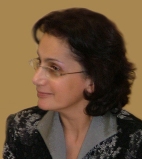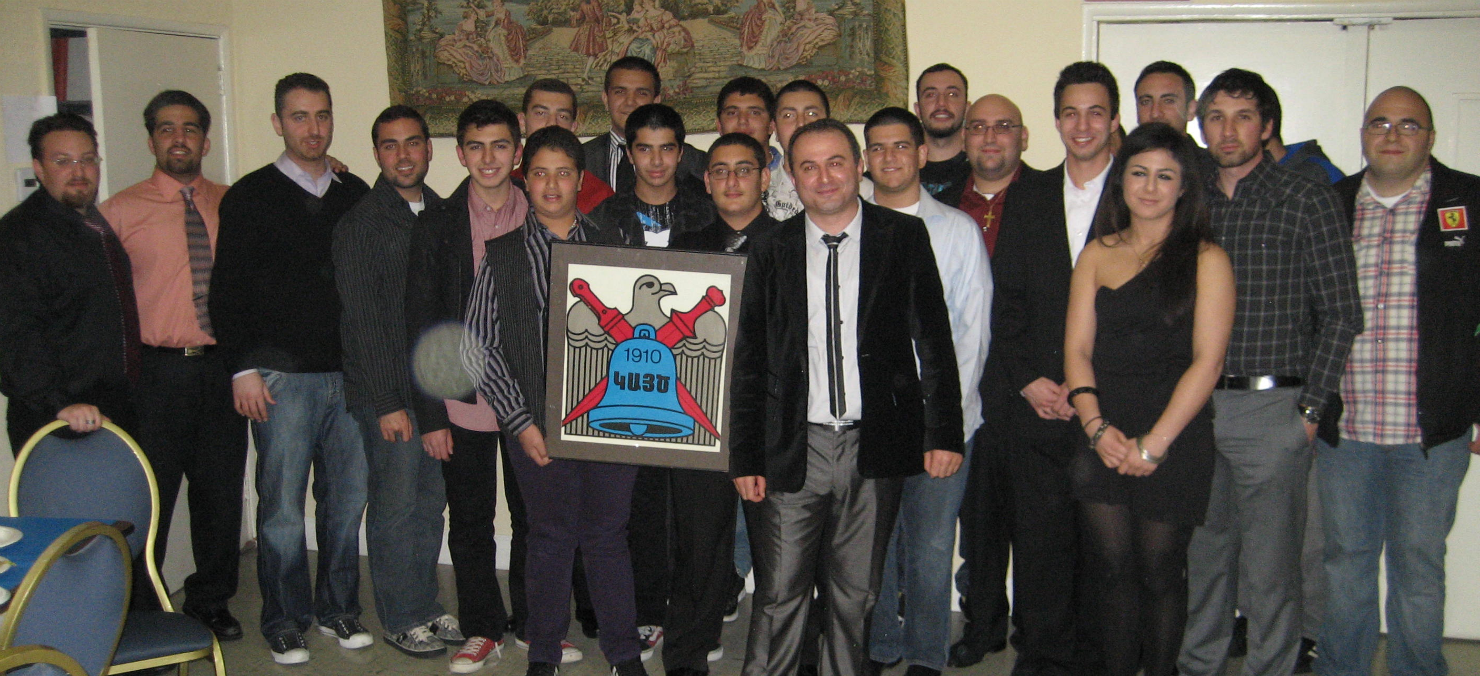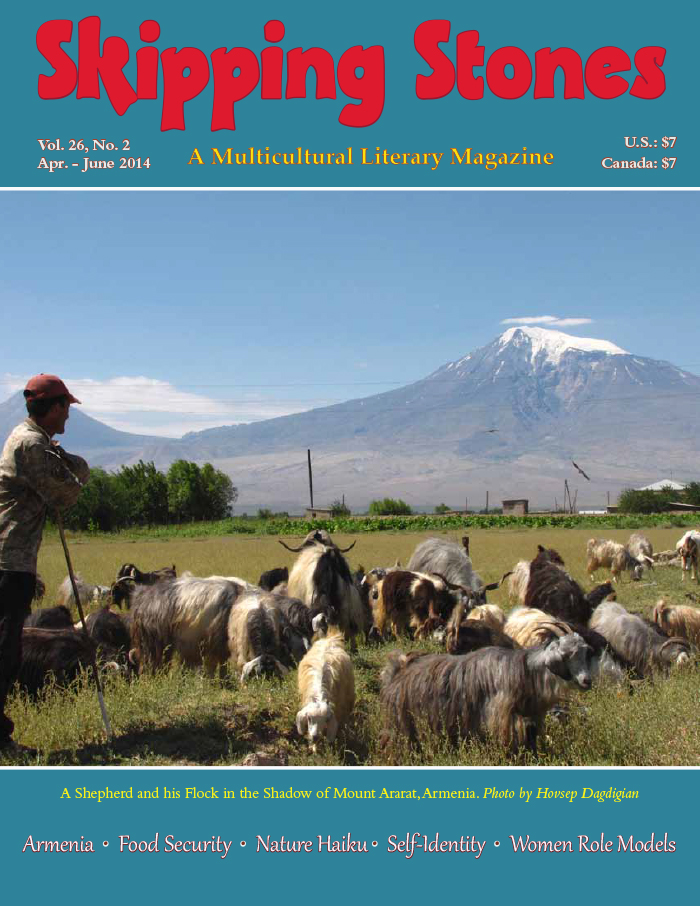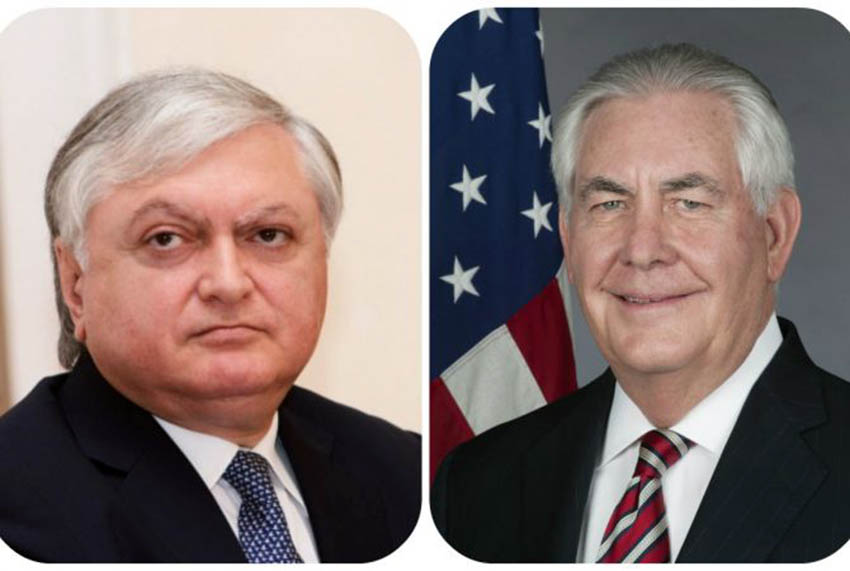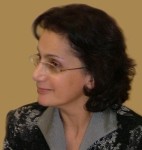

This lecture focuses on aspects of Turkey’s foreign policy as they relate to current developments in Armenia and the South Caucasus. It does so through the prism of Turkey’s relations with the European Union (EU) and Russia.
Turkey is one of the most dynamically developing states in Eurasia, and the model of its political behavior as a Eurasian power is rapidly moving away from that of a passive respondent. It is firmly defining its priorities in this huge area and, to a certain extent, is revising the main directions of its foreign policy. Under the AKP, which came to power in 2002, Turkey has conducted a pragmatic foreign policy aimed exclusively at defending and satisfying the strategic interests of the Turkish state.
The level of political mobilization of Turkey and its activity in the foreign policy area is mostly determined by processes related to its EU membership application, developments in the bilateral relations with the United States and Russia, the Cyprus problem, the Kurdish issue, and processes in the regions adjacent to its borders. Thus, an increasing interest by Turkey in the South Caucasus is unsurprising; however, and despite the fact that the South Caucasus geographically and strategically constitutes its front yard, currently Turkey’s activity in the region is rather constrained.
Turkey’s proposals to create stability and security pacts and platforms can be implemented only in the event of a normalization of bilateral relations between three regional states and if Turkey’s relations with each develops in a consistent manner. There are different types of tensions and contradiction in Turkey’s bilateral relations with Armenia, Azerbaijan, and Georgia. As a consequence, all possibilities and variants for regional cooperation forms, acceptable to Turkey, are more and more pushed into the indefinite future.
Admission to the lecture at NAASR is free (donations appreciated). The NAASR Center is located opposite the First Armenian Church and next to the U.S. Post Office. Ample parking is available around the building and in adjacent areas. The lecture will begin promptly at 8:00 p.m.
More information about the lecture is available by calling 617-489-1610, faxing 617-484-1759, e-mailing [email protected], or writing to NAASR, 395 Concord Ave., Belmont, MA 02478.
The Positive Outcomes of the Brussels Meeting
By: K. KHODANIAN Last September, Azerbaijani troops invaded Artsakh, prompting over…
- MassisPost
- April 14, 2024
- No comments
- 2 minute read
It’s Not Armenia That Has Distanced Itself From Russia, but Rather the Other Way Around
By K. KHODANIAN Armenia and Russia are experiencing notable tensions in their…
- MassisPost
- April 7, 2024
- No comments
- 2 minute read
Stating the Obvious: Kigali Genocide Memorial and the Armenian Genocide
Gomidas Institute Initiates Campaign on Kigali Genocide Memorial and the Armenian…
- MassisPost
- April 7, 2024
- No comments
- 3 minute read
How an Armenian Family Helped in Building Modern Egypt
By ARUNANSH B. GOSWAMI Recently the author of this article was in…
- MassisPost
- April 5, 2024
- No comments
- 5 minute read

